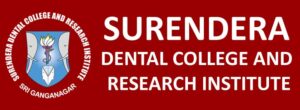The Department of Conservative Dentistry & Endodontics aims at the diagnosis & treatment of dental caries and its sequel, teeth malformations, and discolorations, thereby restoring the teeth to full function in an aesthetically pleasing manner with as little loss of healthy tooth structure as possible. The department has modern dental units, indirect digital radiography (Phosphor Plate Systems), Dental Operating Microscope, the latest instruments, and dental materials. The department is endowed with a dedicated and experienced faculty, all of whom are committed to excellence in education, patient care, scholarly activity, and research. Special emphasis is also laid on attending, participating, and conducting continuing professional development programs to enhance and enrich professional knowledge. The main goal of the department is to utmost satisfaction to the patients and it is always on a progressing front as far as the quality of the treatment rendered to the patients is concerned.
Post-graduation (MDS) in Conservative Dentistry and Endodontics is a 3 years intensive program, involving training in a wide range of dental procedures and academics.
Number of residents each year: Three (3)
Total number of residents: Nine (9)

Services
Post-graduation (MDS) in Conservative Dentistry and Endodontics is a 3 years intensive program, involving training in a wide range of dental procedures and academics.

UG Program
Conservative Dentistry and Endodontics involve both didactic, pre-clinical, and clinical learning, first on phantom heads and later independently on patients under supervision.

Interns & CDE
In the Internship program, students get exposure to ample number of patients. They gain confidence in doing all type of cases independently.
Course Highlights
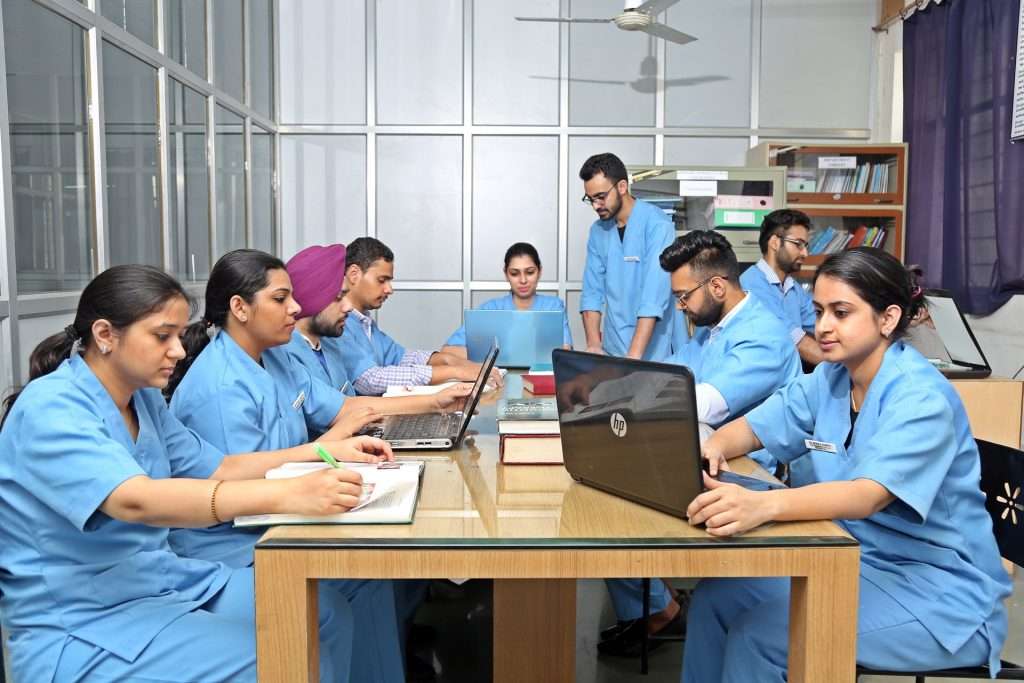
First-year
• Theoretical exposure to all applied sciences.
• Pre-clinical exercises.
• Special training in clinical examination & diagnosis.
• Submission of library dissertation after the first year.
• Submission of thesis synopsis within 6 months of joining.
• Participation in seminars, journal club reviews, conferences and conventions.
• Evaluation-Internal assessment exam of Basic Sciences.
Second-year
• Residents gain more confidence by doing clinical cases and lab work.
• More involvement in clinical case presentations, Inter-Departmental meets, workshops,
conferences and research works.
• Understanding and treating various defects and anomalies related to root canals.
• Evaluation-Internal assessment exam in Conservative Dentistry and Endodontics at the end of second year.
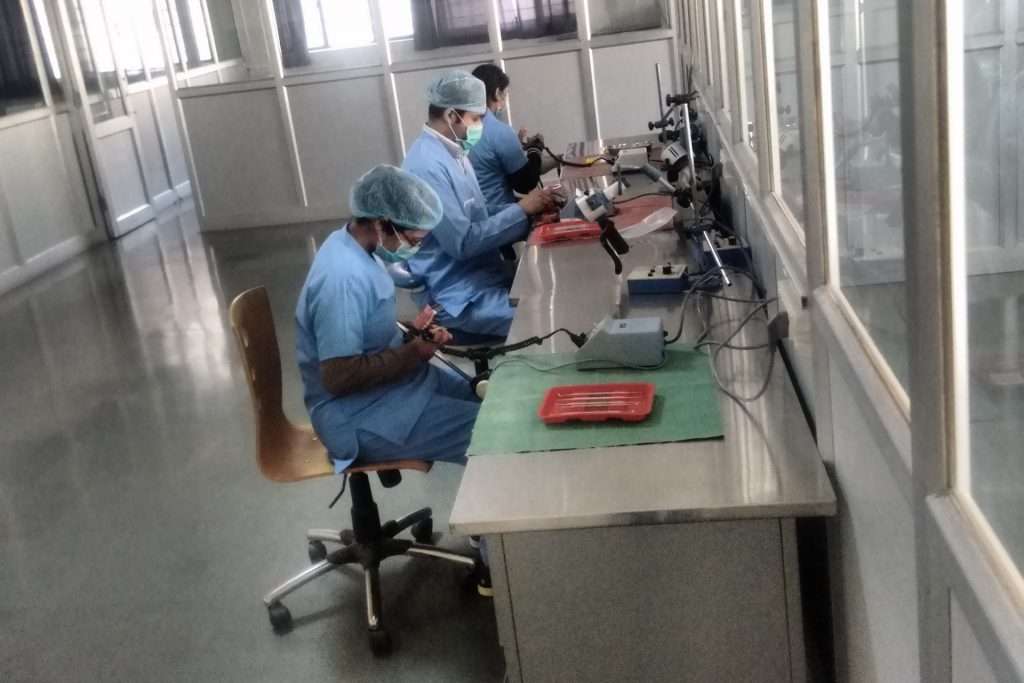
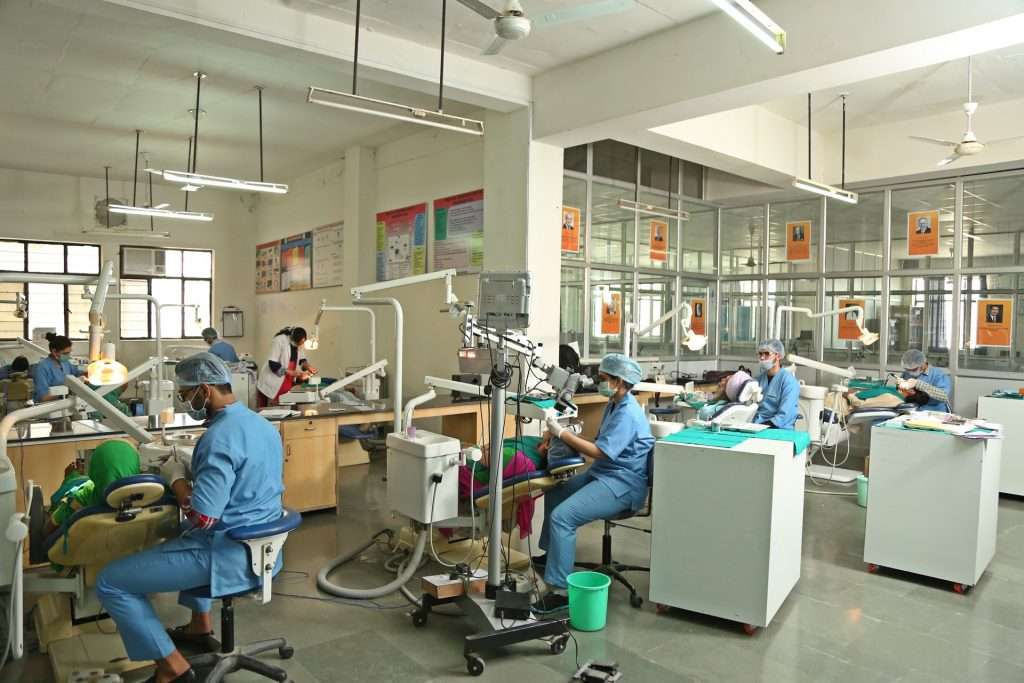
Third-year
• Practice Interdisciplinary cases.
• Special experience in full-mouth rehabilitation cases.
• Management of emergencies in Endodontics.
• Smile designing.
• Submission of thesis six months before final exams.
• Presentation in didactic lectures.
• Evaluation-Internal assessment examination, 3 months before University exams.
Clinical Experience
The three years intensive program sequentially trains the residents and makes them self-confident in the followings:
• Direct Restorations.
• Indirect Restorations.
• Esthetic dentistry.
• Smile Designing.
• Bleaching.
• Single/ Multiple visit Root Canal Treatments.
• Multidisciplinary approach to difficult Endodontic Situations.
• Full Mouth Rehabilitation cases.
• Lasers.
• Periapical Surgeries.
• Apexification procedures.
• Microscopes/Loupes.
• Geriatric Endodontics.
• Instrument Retrieval from root canals.
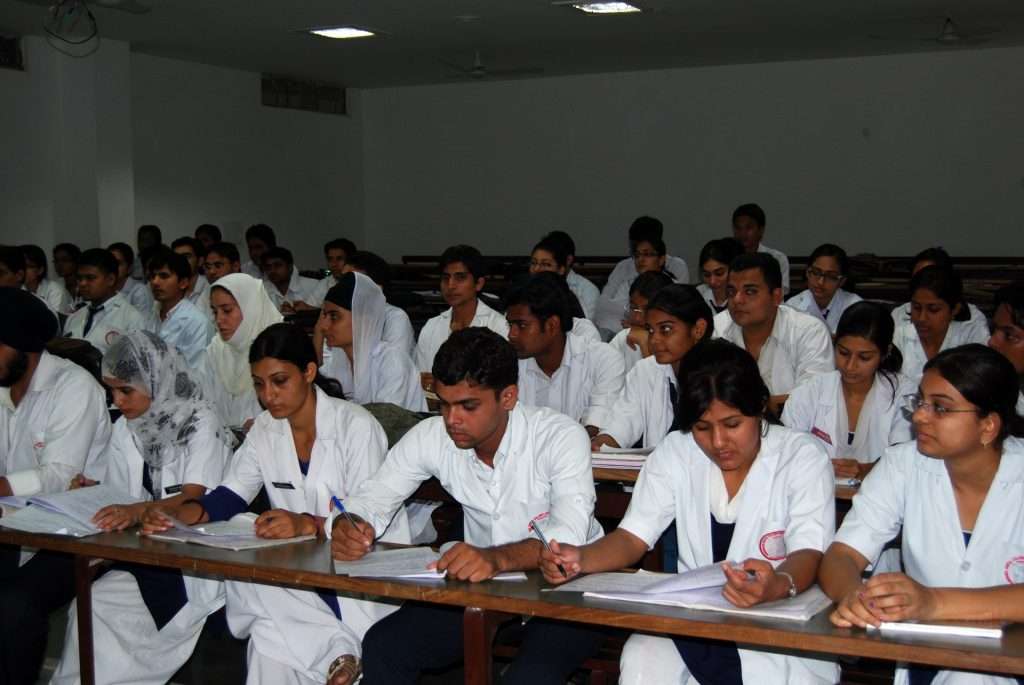
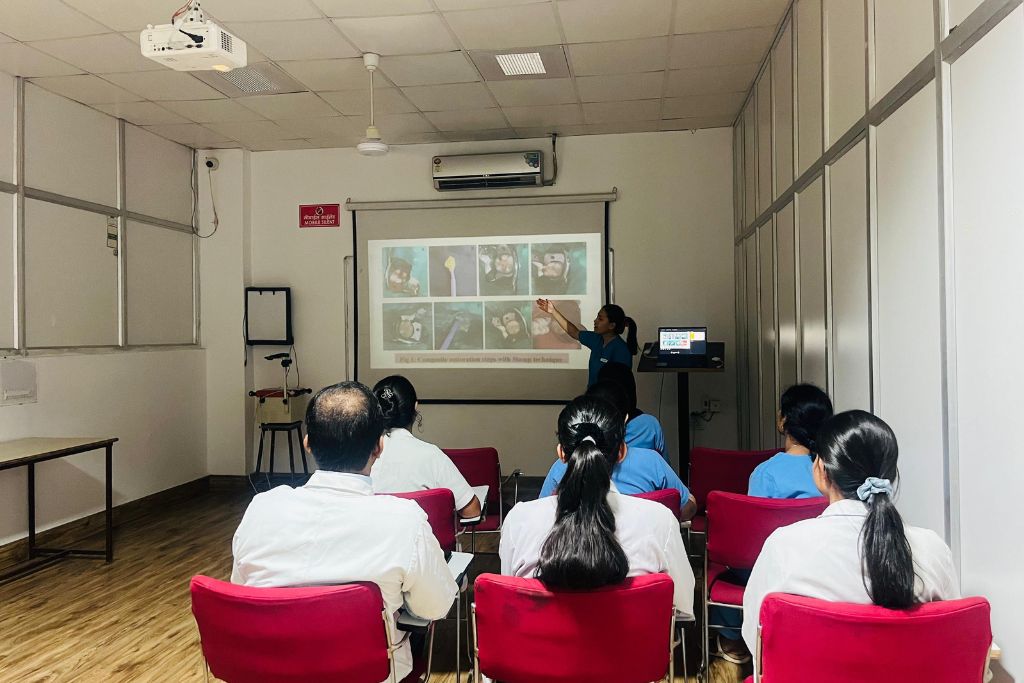
Didactic Components
Lectures
The department encourages residents to attend guest lectures and integrated lectures by multidisciplinary teams on selected topics to strengthen the training.
Journal club review
The journal club review meeting is held once a week. All residents & staff members participate actively in this.
Seminar
The seminars are held twice a week covering the full syllabus concerned to department starting from basic subjects and proceeding towards advancements.
Symposium
The symposium is held once a month covering all the controversial topics of the subject.
Inter departmental meeting
To encourage integration among various specialties, inter-departmental meetings are chaired by the Dean with all Heads of postgraduate departments and residents once a month.
Teaching skills
Residents actively take part in undergraduate teaching programs either in the form of lectures or group discussions.
Research and Publications
During the 3 year residency, each resident is expected to complete at least one detailed Research, one Library Dissertation, and one publication. The residents are encouraged to take up more than one research. In addition to the above activities, the residents are required to attend speciality related conferences and workshops along with a presentation of Papers and Posters.

